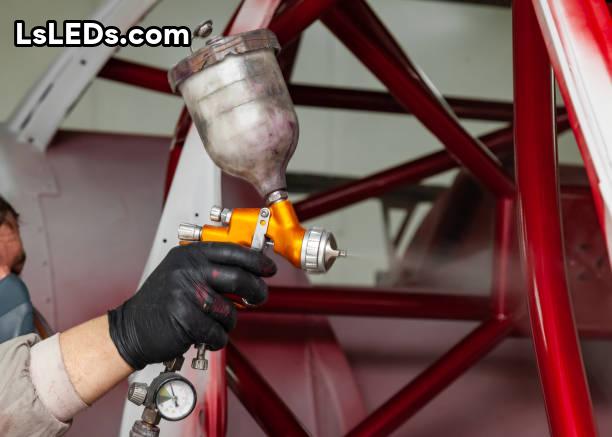
An air purifier can provide a reduction in household dust if used regularly. Better, cleaner air is a result of less dust floating around and less need for cleaning.
Table of Contents
Do air purifiers get rid of dust?
Yes, that is correct. Dust, smoke, pet dander and mold can be trapped by air purifiers. A high-efficiency particulate air (HEPA) filter is designed to remove at least 99% of dust, pollen, mold, andbacteria, plus all airborne particles less than 3 microns in size.
What is the best way to remove dust from air?
How do you remove dust from indoor air?
Dust can be reduced by using a damp cloth or dust mop. The furniture, drapes, and rugs need to be vacuumed once a week. Large area rugs and wall-to-wall carpeting should be removed from the bedroom.

Why are air purifiers bad for you?
Specific effects include throat irritation, cough, chest pain, and an increased risk of respiratory infections. An ion generator, also known as an ionizer, is a piece of equipment used to make ozone air purifiers. Ionizers can be bought as seperate units.
Are air purifiers harmful to health?
Air purifications are good for your health because they don’t produce harmful by-products. Fresh air is left behind when particulates are removed from the air. Ozone generators are not a good idea.
Are air purifiers safe to use?
The use of UV light or ionizers is not a problem for air purifiers. Even healthy individuals can be affected by inhaling ozone. Ozone can cause lung damage, which is why local weather authorities often issue ozone warnings.
Do air purifiers give off radiation?
Is the radiation from the air purifiers bad? There is a small amount of EMF radiation produced by air purifiers. There isn’t any data that supports the claims that they are harmful.
Is it OK to leave air purifier on all night?
Even if you’re not in the area, it’s perfectly safe to leave an air purifier on all day and night. Air purifiers are powered by a mechanical HEPA filter and are designed to run 24×7 so they won’t break down or release harmful gasses.
